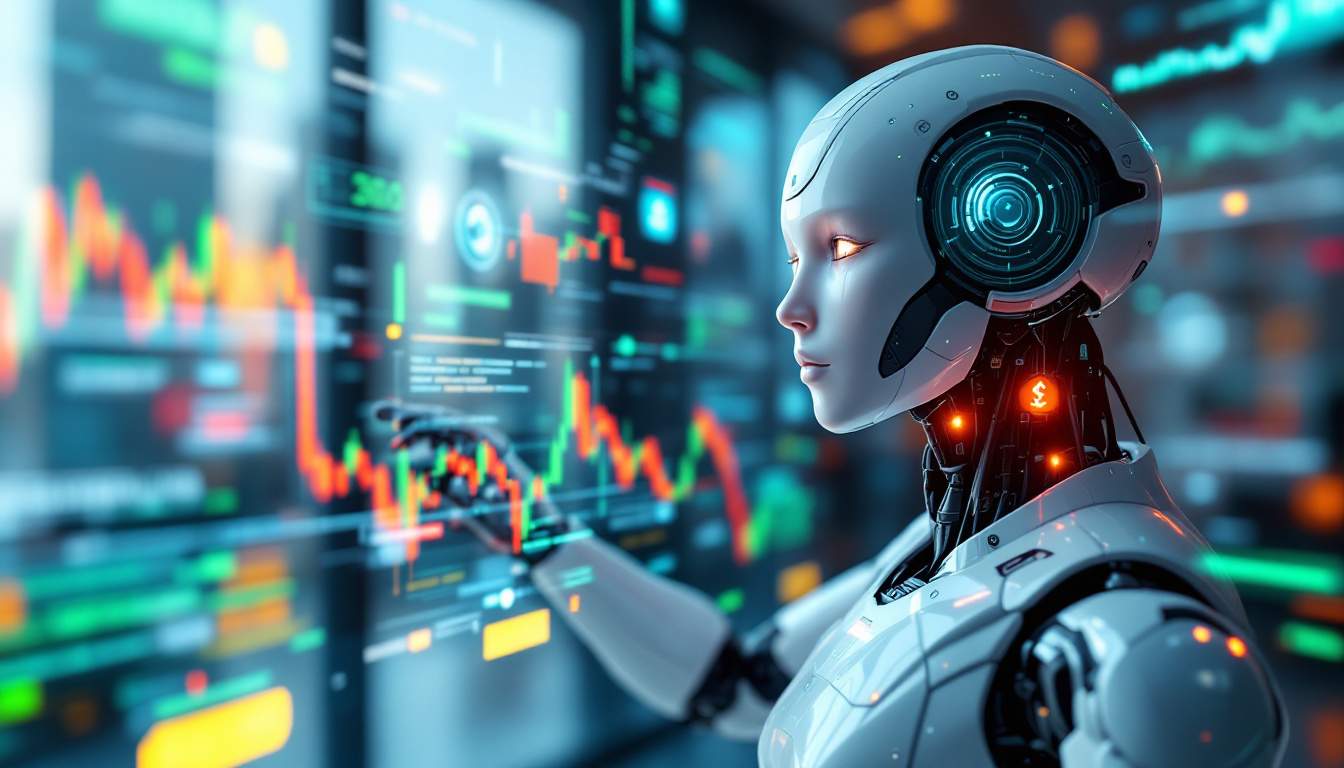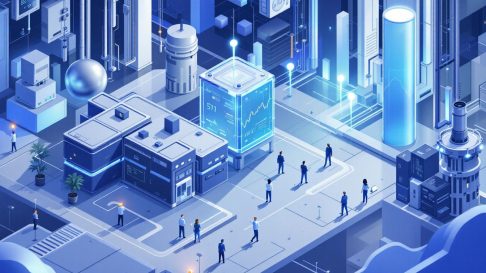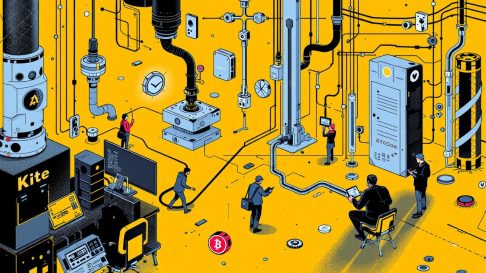Published: October 26, 2024 at 9:12 pm
Updated on June 09, 2025 at 7:05 pm




AI is often depicted in extremes, either as a futuristic dream or a terrifying nightmare. But the real concern might not be about a robot uprising; it could be about how seamlessly AI is embedding itself into our everyday lives—especially through digital bureaucracy and automated trading systems. This post dives into how AI is shaping bureaucratic decisions, influencing social media, and affecting crypto trading while also raising some ethical eyebrows.
Bureaucracy isn’t as ancient as you might think. It’s a relatively recent development in human history, evolving significantly since the dawn of writing around 5,000 years ago. Back then, ownership and governance were based on communal consensus. But with written records came a shift—official documents became the new power players.
Take ancient Mesopotamia, for example. Clay tablets symbolized property rights back then, steering the focus away from community agreements to official sanctions. Fast forward to today, and we see that bureaucratic power is increasingly being handed over to AI systems.
Today’s bureaucracies are heavily reliant on algorithms that sift through massive datasets to offer recommendations. Sure, this makes decision-making faster and sometimes better—but it’s crucial that humans are still in the loop. Those AI outputs need interpretation by human officials who can either mitigate or introduce cognitive biases.
AI can both enhance and limit what bureaucrats can do. While it offers more informed choices, it also raises questions about who’s accountable when things go wrong. Balancing AI reliance with human oversight is essential for aligning decisions with public values.
When you throw an AI into the mix of public sector decision-making, it changes everything—from how processes work to what skills bureaucrats need.
Social media platforms like Facebook and TikTok use algorithms designed for one purpose: maximizing user engagement. These algorithms have learned that triggering emotions like greed or fear keeps people glued to their screens—and yes, this has led to conspiracy theories going viral.
AI tailors your feed based on what you’ve liked before, which raises ethical questions about privacy—and let’s be real—manipulation too. In crypto social trading platforms, similar AIs analyze user behavior to suggest trades tailored just for you.
AI can also flag content that spreads negative emotions or misinformation but can just as easily be used to control market perceptions by selectively presenting information.
Automated trading systems operate autonomously based on predefined rules—no human intervention needed once they’re set up. They process data at lightning speed which is crucial because milliseconds matter in financial markets.
While these systems manage risks effectively by analyzing data patterns, they also introduce new kinds of risks—like flash crashes caused by unforeseen algorithm interactions.
In contrast to bureaucratic settings where human discretion plays a role even with AI present, these trading systems usually don’t involve any once they’re operational—which can lead to catastrophic failures if something goes wrong.
The ethical landscape gets murky when you consider:
Bias: Historical data used by AIs often contains biases leading to unfair outcomes.
Transparency: Many AIs are “black boxes”, making it hard for affected individuals to understand why they were denied credit or insurance.
Data Privacy: Financial AIs collect massive amounts of personal data; ensuring its security is paramount.
Accountability: As these systems become more autonomous, establishing lines of responsibility becomes crucial.
Job Security: Increasing reliance on AIs threatens jobs—especially those involving routine tasks.
Malicious Use: Just as AIs can protect against frauds they can also perpetrate them.
Regulatory Compliance: Financial institutions must navigate an evolving landscape of laws concerning their use of AIs.
AI’s quiet yet powerful role in bureaucracy and automated trading presents both opportunities for efficiency and ethical dilemmas that cannot be ignored. As we continue down this path it’s essential we establish frameworks that ensure fairness transparency accountability so these technologies serve humanity—not undermine it
Access the full functionality of CryptoRobotics by downloading the trading app. This app allows you to manage and adjust your best directly from your smartphone or tablet.


News
See more







Blog
See more






